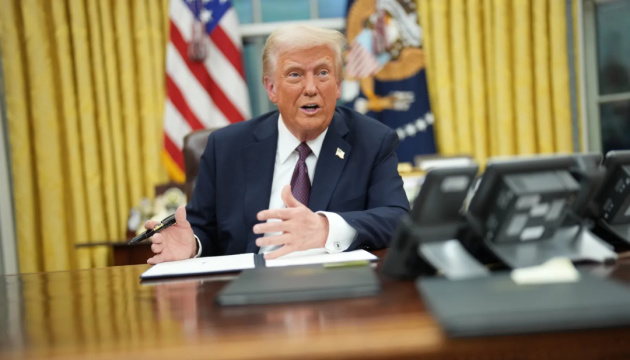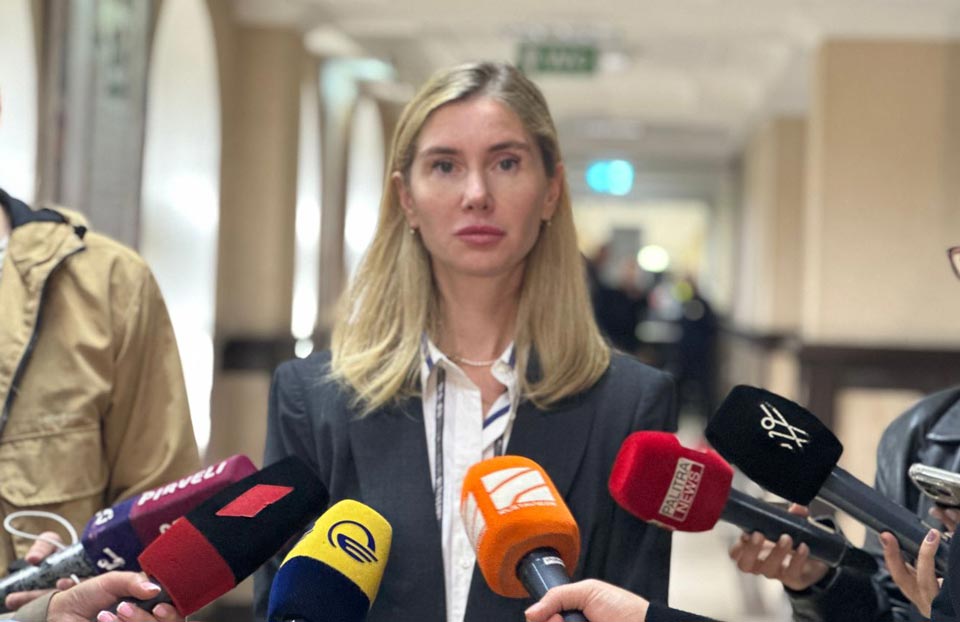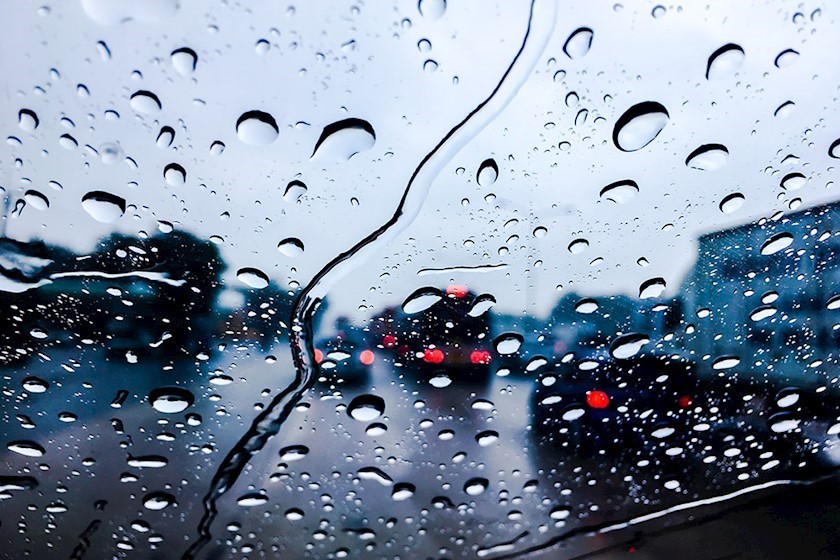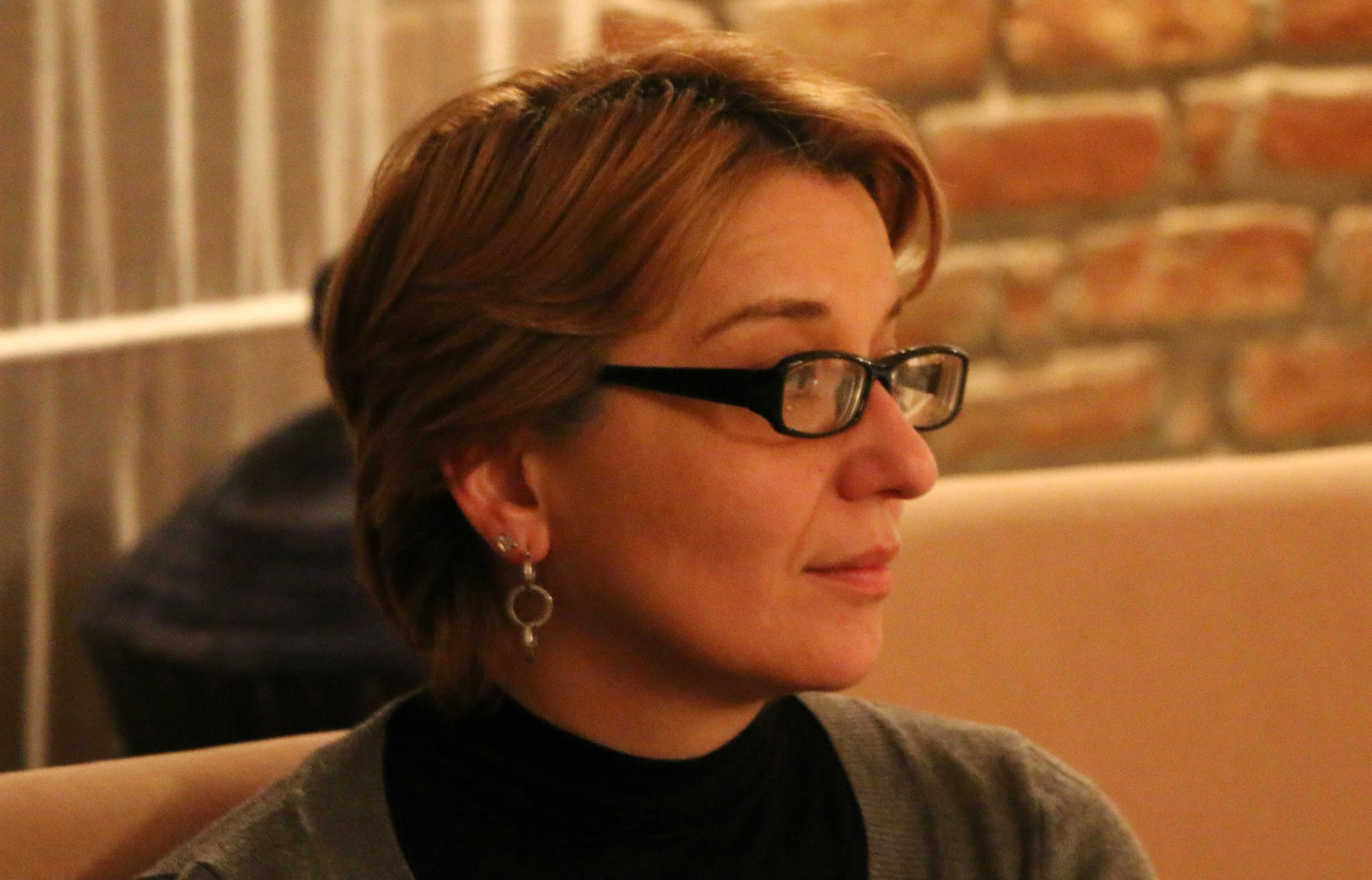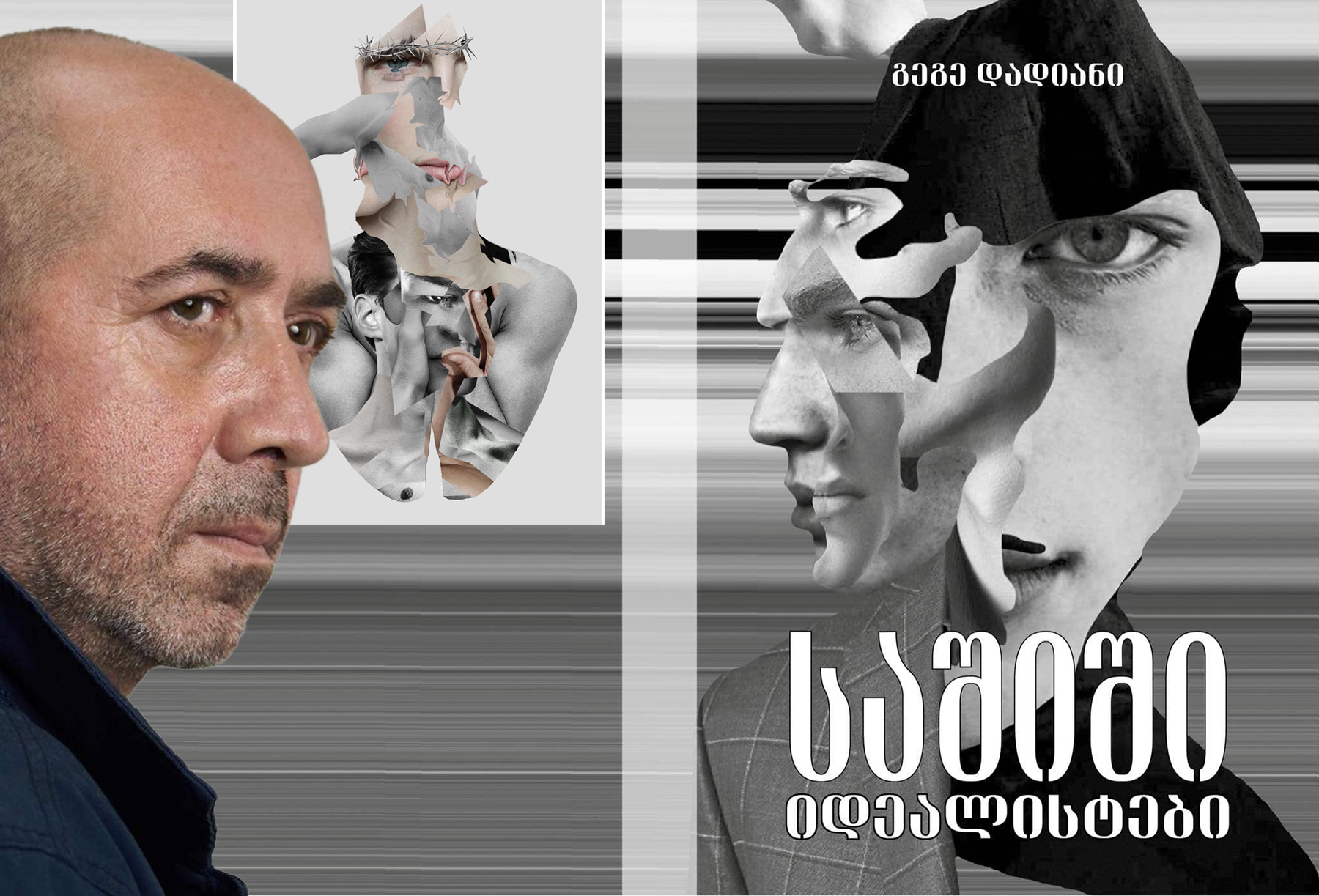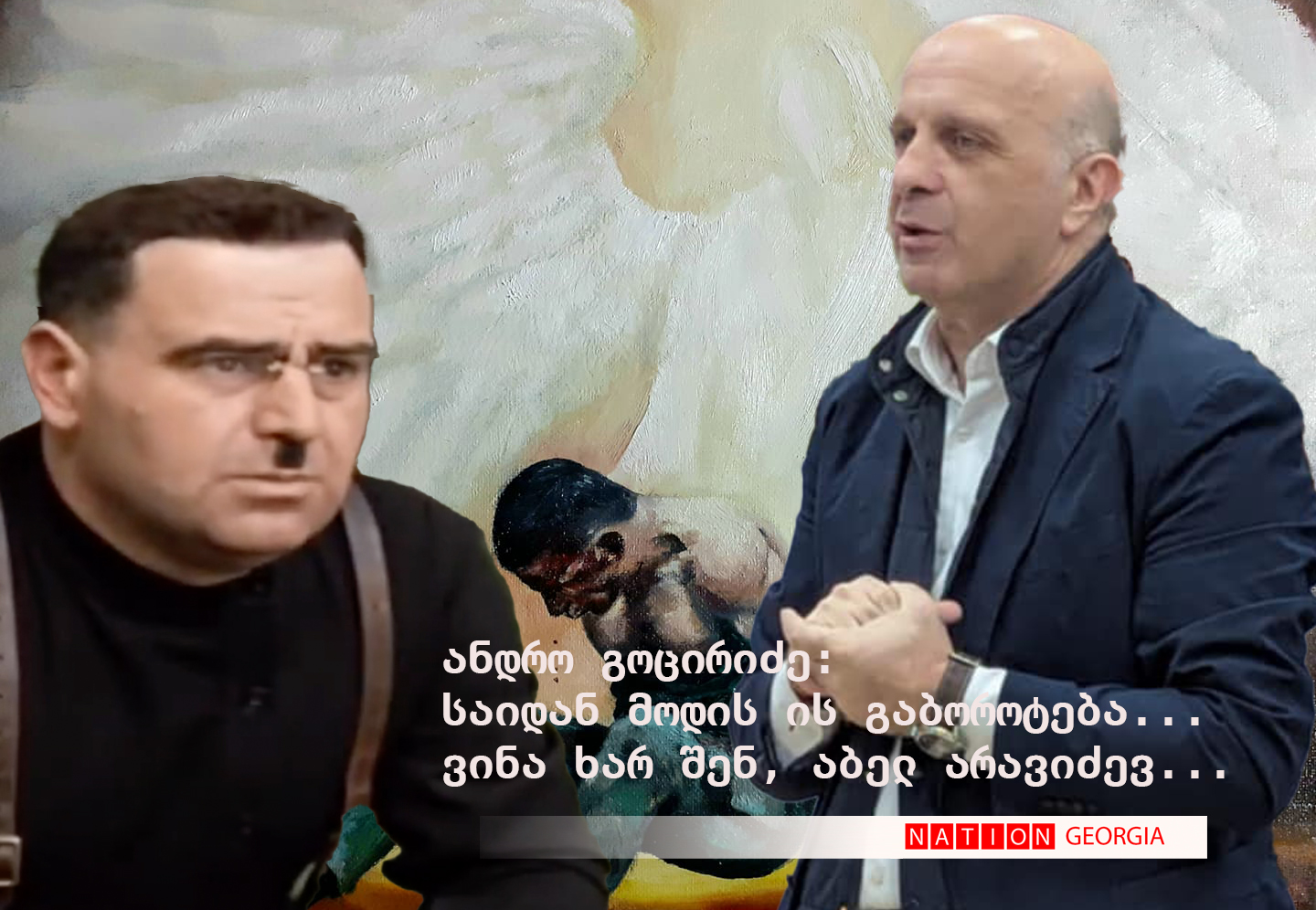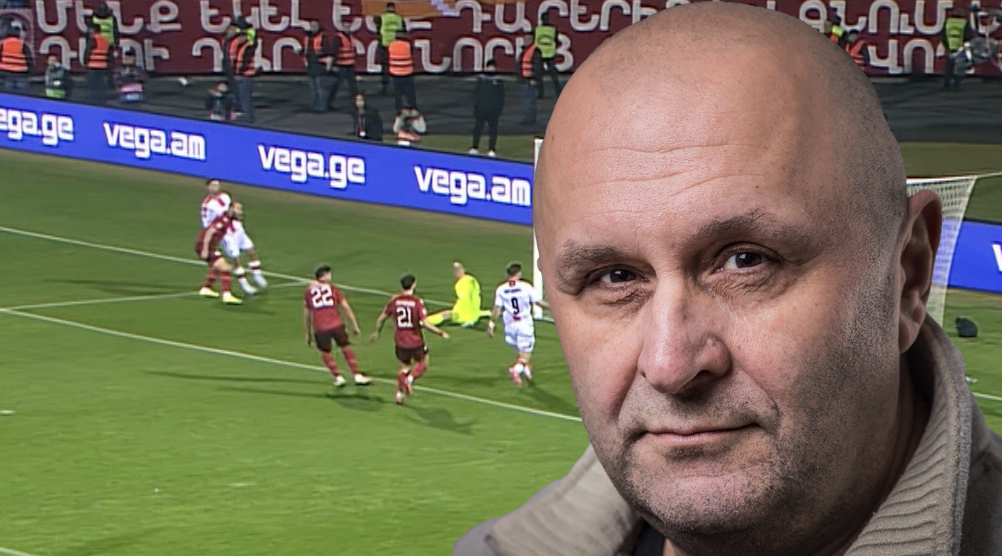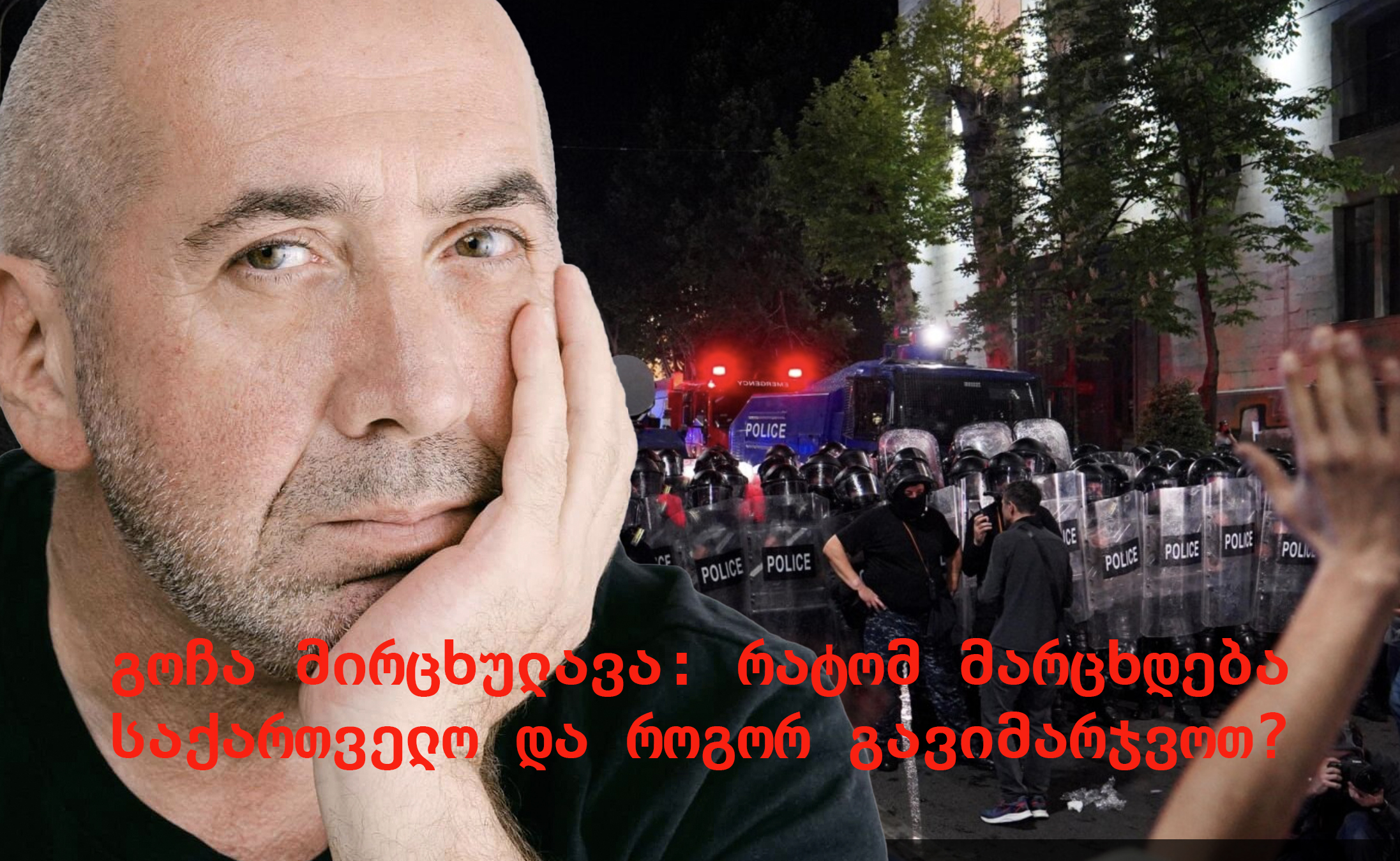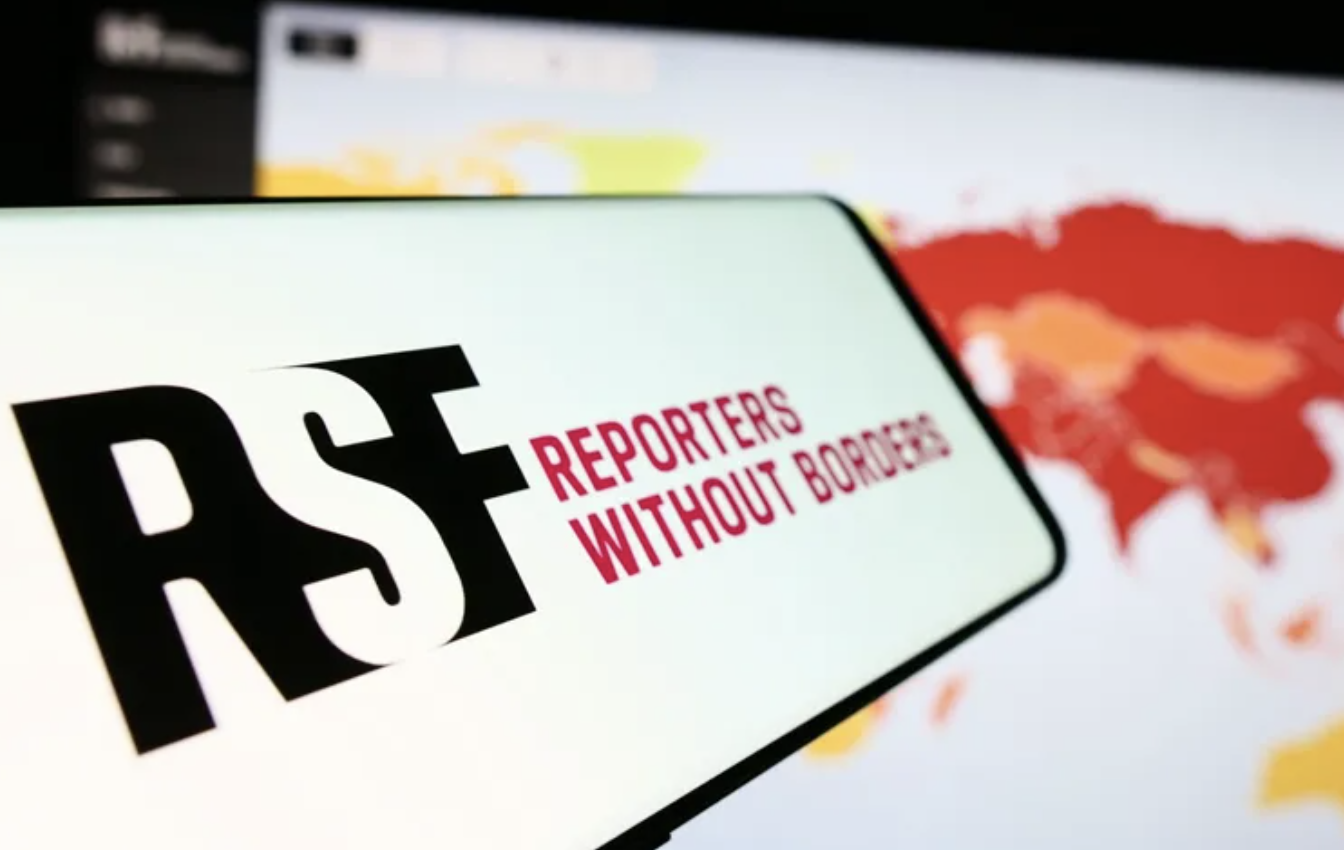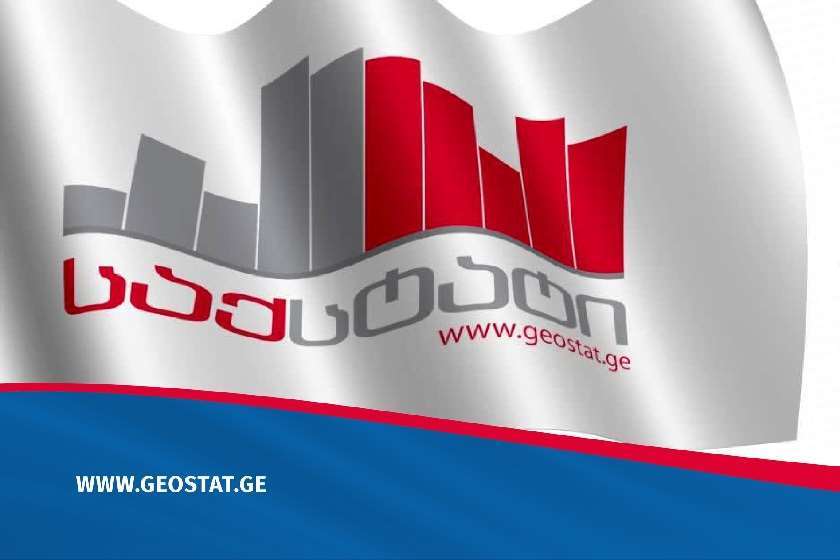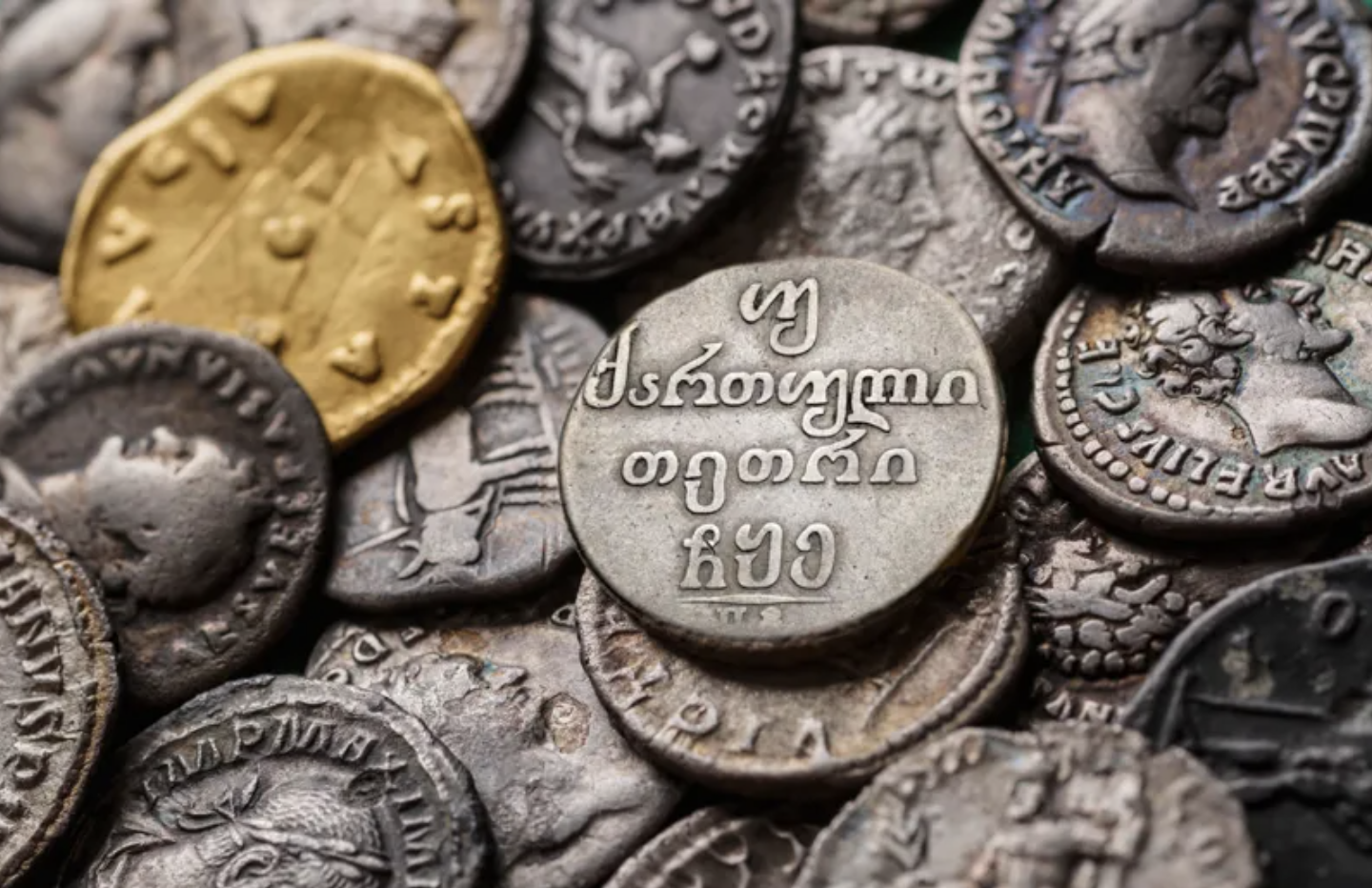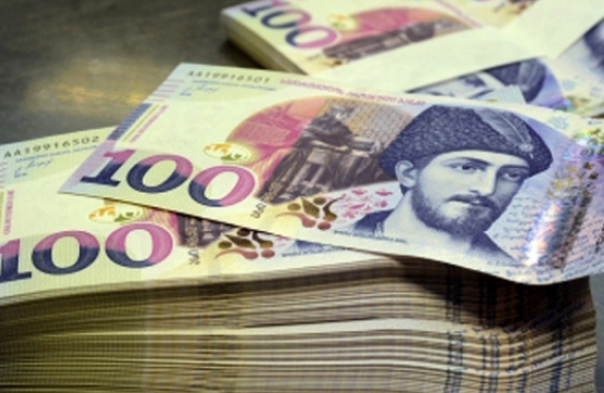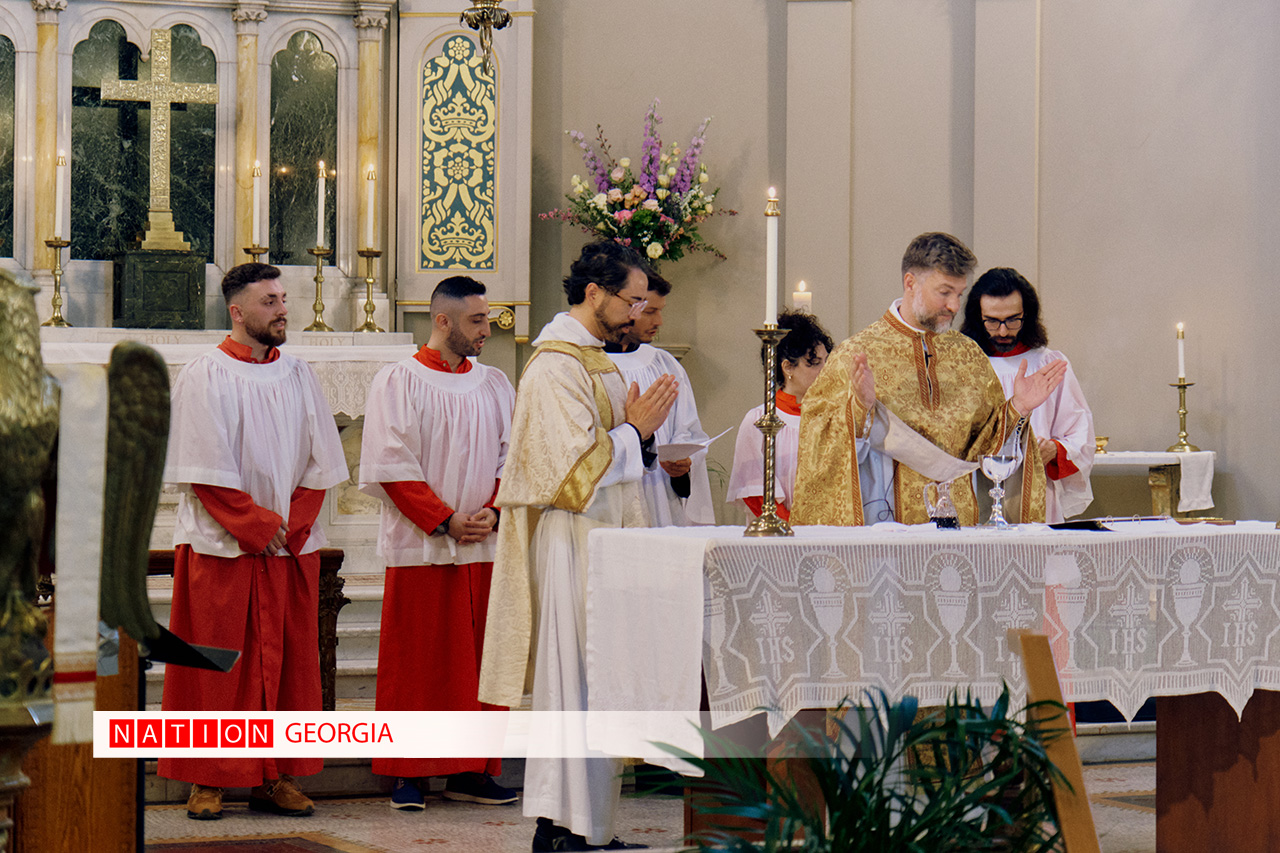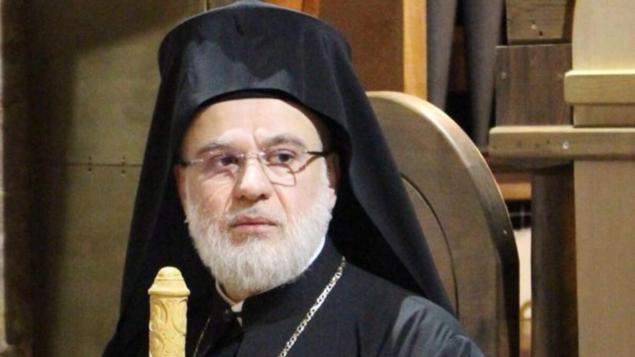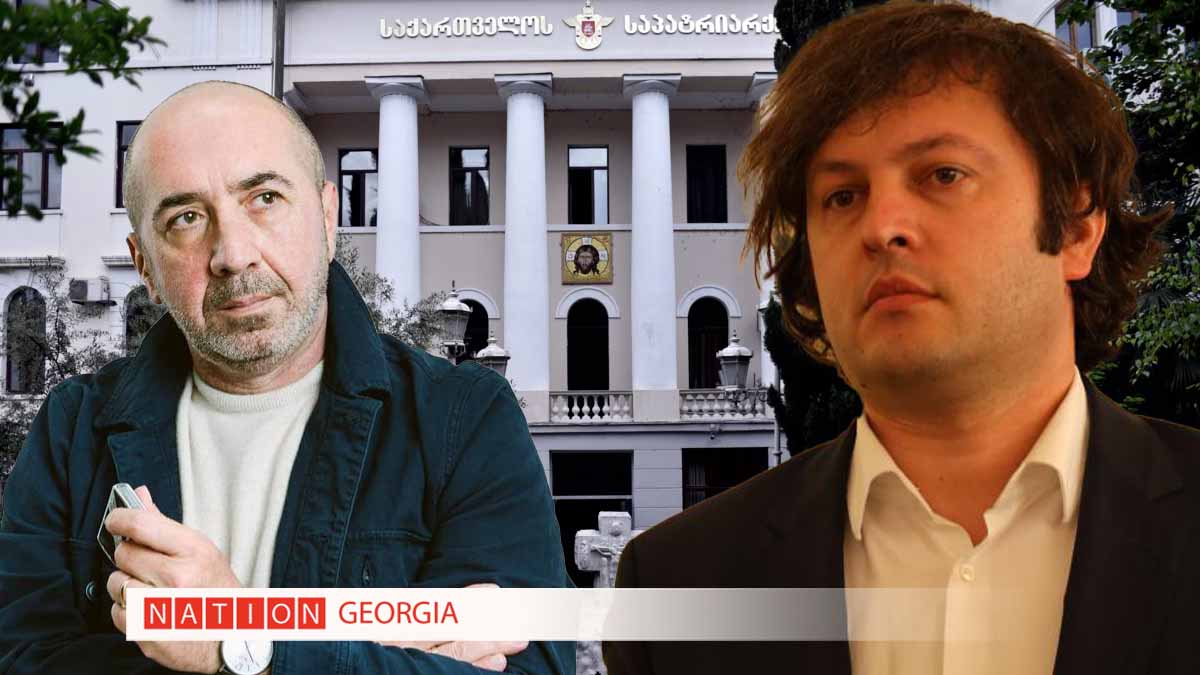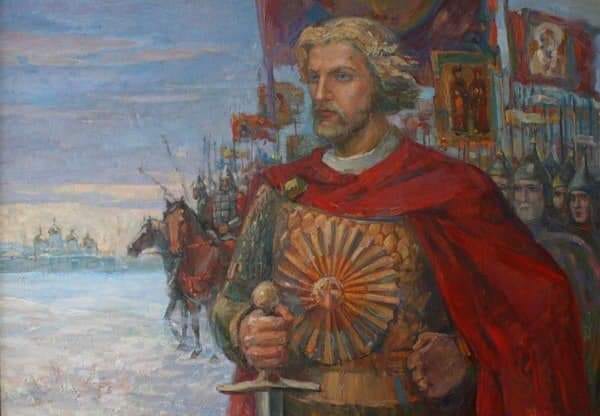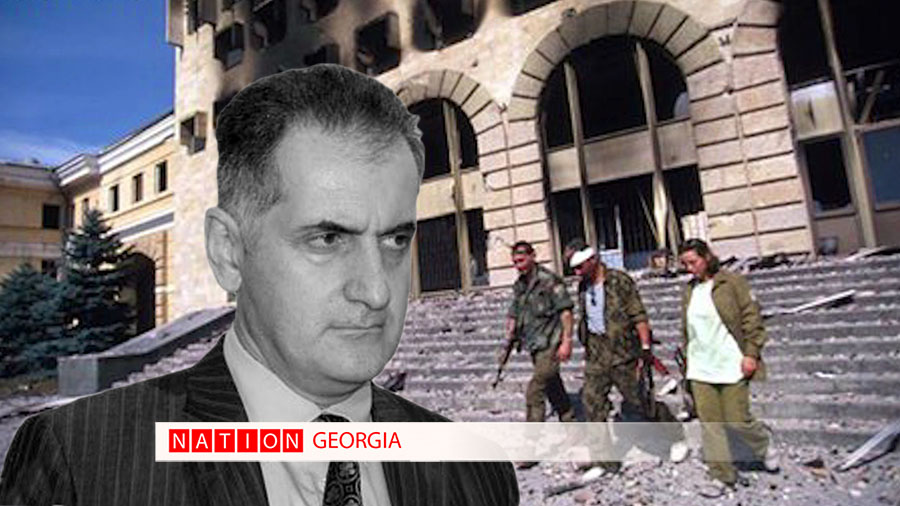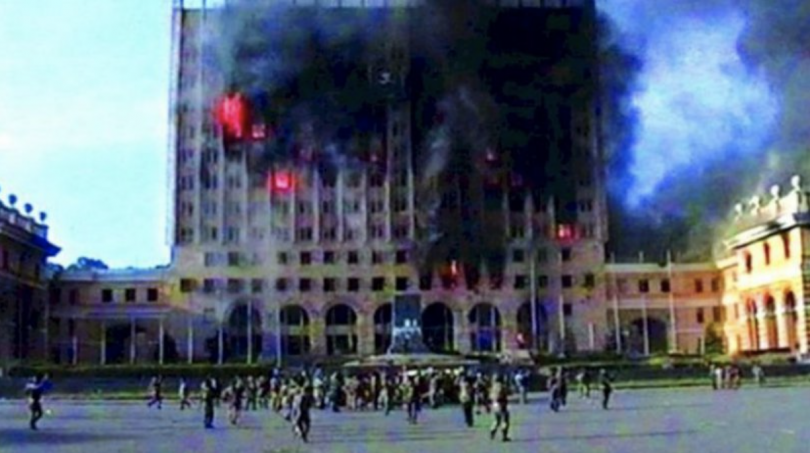
Mongolia to face minor punitive measures for failure to comply with ICC decision to arrest Putin – lawyer
04.09.2024 ნახვები: 312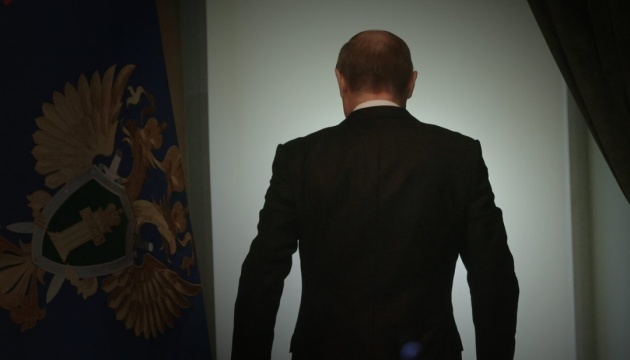
Lawyer Nikolai Polozov in a commentary to an Ukrinform correspondent.
“Mongolia's decision not to arrest Putin under the ICC warrant is clearly a political one. Two critical factors influenced the decision. The first issue is the absence of a procedure for excluding a state that does not comply with the ICC's orders from an international treaty. In fact, no sanctions are in place for failure to execute an arrest warrant. In the event of non-compliance, the Court is limited to referring the matter to the General Assembly of States Parties to the Rome Statute. However, the General Assembly unable to exert influence over national sovereign jurisdictions,” explained Polozov.
Read also: Mongolia explains why it failed to arrest PutinAccording to him, the most severe penalty at this level was the deprivation of the right to vote on issues of the General Assembly. However, it also applied only to states that were persistent non-payers.
Polozov notes that the second factor that influenced Mongolia's decision was its political and economic dependence on Russia and China. “The implementation of the ICC's decision could have resulted in irreversible consequences for Mongolia, including the potential for military aggression by the Russian Federation. So once again, in the struggle between the ideals of building a better, safer world and real politics the latter won,” the lawyer said.
Nikolai Polozov is a Russian lawyer who now lives in exile. He has defended many political prisoners in Russia, including Ahtem Chiygoz, Ilmi Umerov and others.
As reported, on September 2, Putin arrived in Mongolia on an official visit. This is his first visit to a country that has ratified the Rome Statute and which is supposed to arrest the Russian leader on an ICC warrant.
Read also: By refusing to arrest Putin, Mongolia has jeopardized its international subjectivity - KostinIn March 2023, the International Criminal Court in The Hague issued an arrest warrant for Putin on suspicion of illegally deporting children and illegally relocating Ukrainians to Russia.
In response to the decision of the Mongolian authorities not to arrest Putin, the Ministry of Foreign Affairs of Ukraine said that Mongolia had thus shared responsibility for his war crimes.
Mongolia said that the country finds itself in a position of energy dependence, rendering it difficult to handcuff Putin on the ICC warrant over war crimes in Ukraine.

